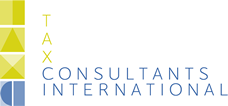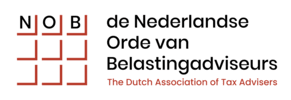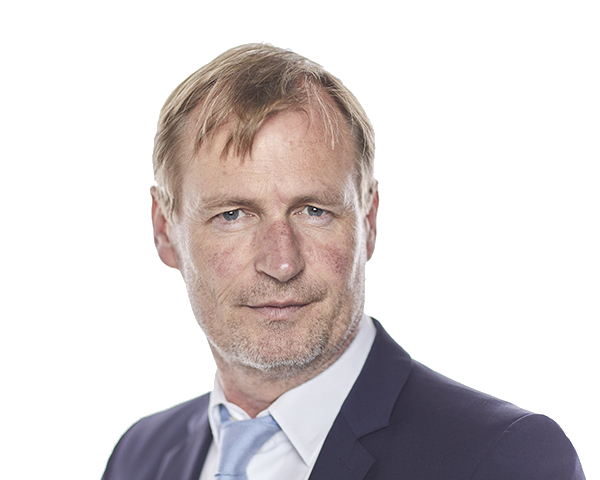On Budget Day (Prinsjesdag), 19 September 2017 a package of tax measures have been presented as part of the budget for the coming year. Below we outline the measures relating to VAT.
Stricter definition of medicines
The 2018 Tax Plan includes a stricter definition of medicines which is in line with the earlier internet consultation on the stricter definition of medicines for the application of the reduced VAT. These stricter rules will apply from 1 January 2018 whereby the reduced VAT of 6% will only apply to products for which a (parallel) trade license has been issued as referred to in the Dutch Medicines Act or if they are explicitly exempt from such a license. As a result, the reduced VAT rate will no longer apply to products which based on EU regulations for cosmetics, medicines and medical appliances may evidently not be traded as medicines under the Dutch Medicines Act.
Change in rate setting for seagoing vessels
The VAT Directive requires EU Member States to apply the zero rate for the supply of vessels that are used on the open seas for passenger transport against payment, freight transport, fishery and such. The exemption also applies to the provision of supplies to such vessels as well as to specific services relating to those vessels. The European Commission considers the application of the zero rate in the Netherlands too broad since the current law formulates application of the zero rate to seagoing vessels as such, without requiring them to be effectively used for navigation on the open seas. It is now proposed to further streamline the wording of Dutch VAT rules to that of the VAT Directive and thereby limiting application of the zero rate to only when seagoing vessels are intended to be used for 90% or more for navigation on the open seas.
Abolition of agricultural scheme
As announced on Budget Day last year, the VAT agricultural scheme will be cancelled on 1 January 2018. This scheme exempts farmers and other agriculturalists from VAT, while they are not allowed to deduct VAT charged on costs they have incurred. Entrepreneurs can opt to apply the regular VAT rules. The proposal includes a transition scheme.


.png)

